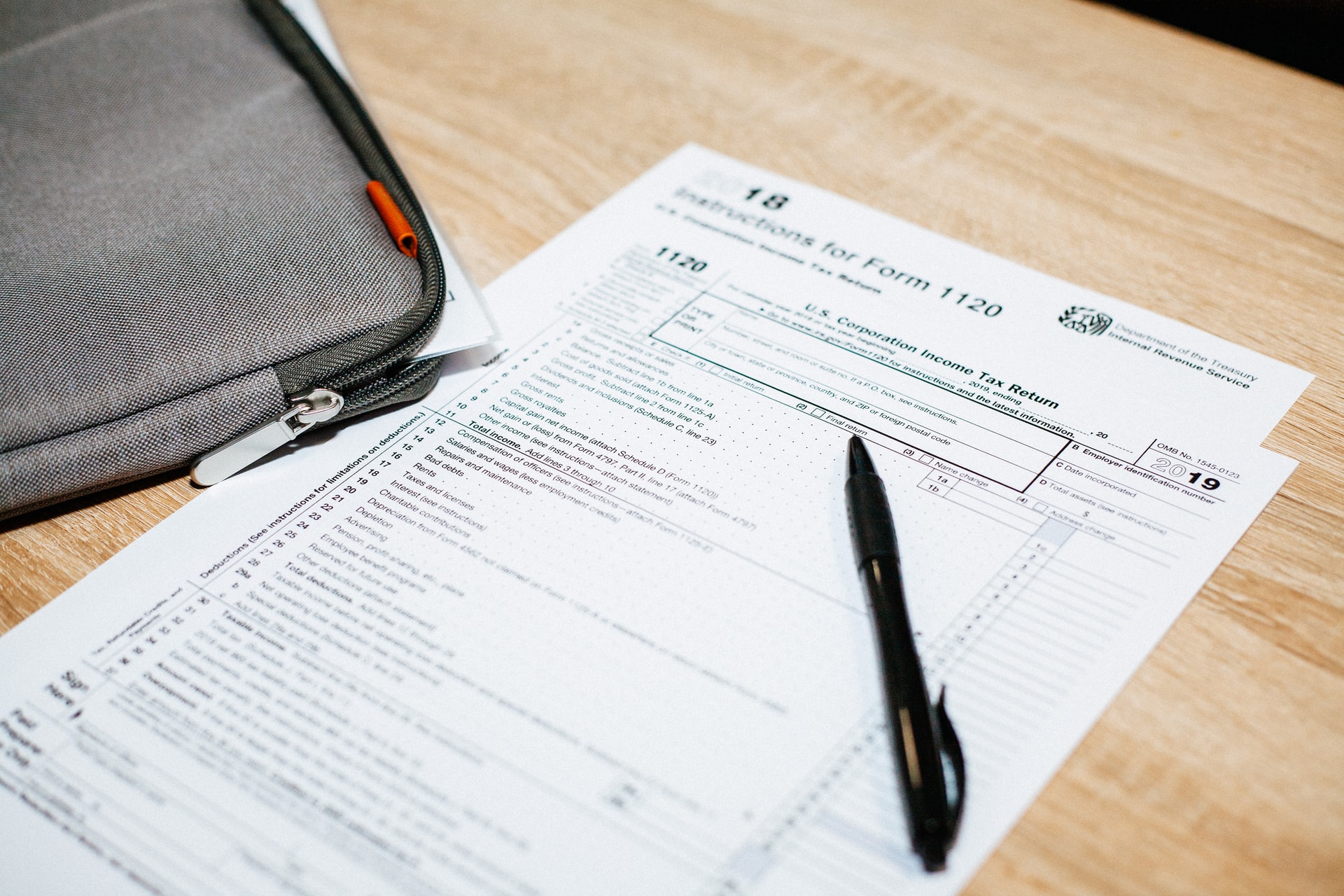You missed the filing deadline, now what? Whether you couldn’t find a reputable tax preparer, failed to file an extension or completely forgot to find someone to get your tax return ready, it’s not the end of the world. While there are consequences for not filing timely returns, you can take action to remedy the issue and resolve back taxes.
Who Does Not Have To File A Tax Return
In most instances, you aren’t required to file a tax return if:
- You’re single, and your income is lower than the standard deduction (which was $12,550 in 2021) and you’re under 65 years old
- You’re not self-employed (independent contractor) or have another circumstance that warrants the filing of a tax return
You can use the tool on the IRS website to determine if you need to file a return. It takes approximately 12 minutes, and you should have your filing status, gross income and the amount of federal income tax you had withheld handy when applying.
What Happens If You File A Tax Return Late?
You won’t be penalized if you file your return late and don’t owe taxes. However, you won’t receive a refund (if applicable) until you file and the IRS processes your returns. Be mindful that you only have up to three years to file a return to receive a refund.
But if you file a return late and owe taxes, you will incur failure-file penalties.
Failure To File Penalties
The IRS expects to receive timely payment for your taxes by the deadline, regardless of when you file or request an extension. Otherwise, you’ll incur failure-to-file penalties of five percent for each month the balance remains outstanding. This amount is capped at 25 percent unless you qualify for military service or natural disaster exemption.
Penalties for failing to file vary by state. Check with the Department of Revenue in your respective state to learn more.
What Happens If You Pay Your Taxes Late?
The IRS expects to receive payment for unpaid taxes by the due date unless you’re approved for an extended due date. Otherwise, you’ll receive a Failure to Pay Letter in the mail.
Failure To Pay Penalties
The failure to pay the penalty is capped at 25 percent of your unpaid tax debt. Here’s how it is calculated:
- 0.5 percent of your unpaid tax bill per month for every month it remains outstanding
- 0.25 percent per month if you enter into a payment plan
- 1 percent per month or partial month; if the IRS sends you an Intent to Levy notice, your tax debt is not resolved within 10 days
What To Do If You Are Behind On Taxes
If several years have passed since you filed a return, you could be subject to collection actions. The IRS could place liens on your assets, garnish your wages, withhold tax refunds from future filings, assess penalties or turn your account over to a collection agency.
Individuals with over $51,000 in unpaid tax debt could also be refused a passport by the federal government.
Consequently, it would be wise to take action to resolve your issues with the IRS. Start by reaching out to the IRS or creating an online account to retrieve your tax transcripts. Then, review the document(s) to determine how much you owe the IRS, and make arrangements to file your tax returns promptly.
If you don’t yet have the documents needed to file, contact your employer(s) promptly.
What To Do If You Can’t Pay Back Taxes Your Taxes
The statute of limitations on unpaid taxes is 10 years, and the IRS typically can’t collect what’s owed beyond this period. But chances are you aren’t quite to this point and need to explore other options to resolve back taxes.
Payment plans are available to taxpayers who meet the following criteria:
- Short-term Payment Plan: The unpaid tax debt is less than $100,000 (including interest and penalties), and you can pay the balance in full within 120 to 180 days.
- Long-Term Payment Plan: The unpaid tax debt is $50,00 or less (including interest and penalties) – this amount drops to $25,000 for businesses. The IRS could spread the balance out over 72 months if certain conditions are met.
An offer-in-compromise is another option if you want to propose a settlement offer to the IRS for less than what you owe. However, be mindful that these arrangements aren’t as common as installment agreements, and it can be challenging to get approved.
Regardless of which option you choose, it’s always a great idea to have a team of tax professionals on your side. Consider a tax relief firm when you’re ready to address your unpaid tax debt.







